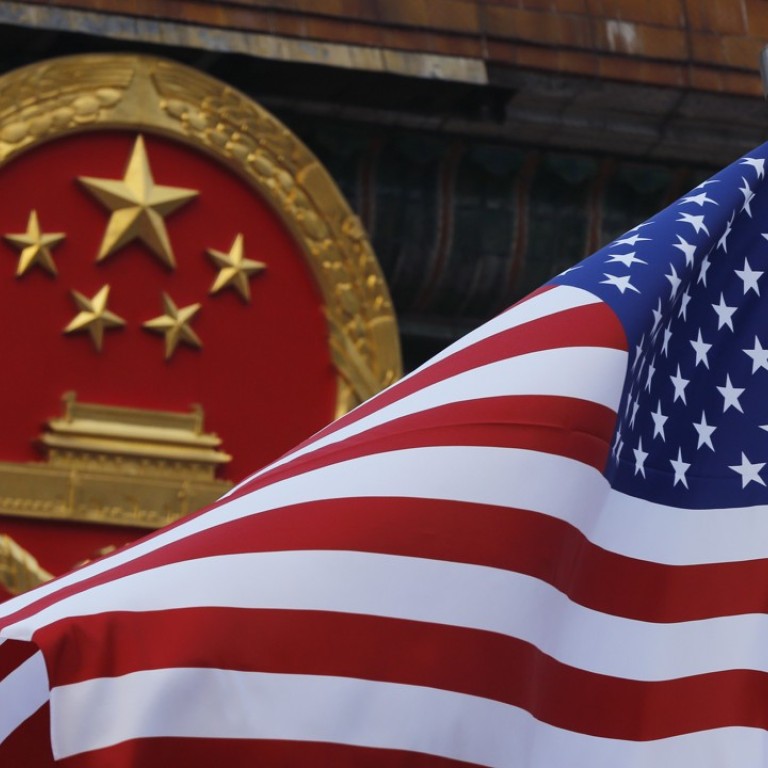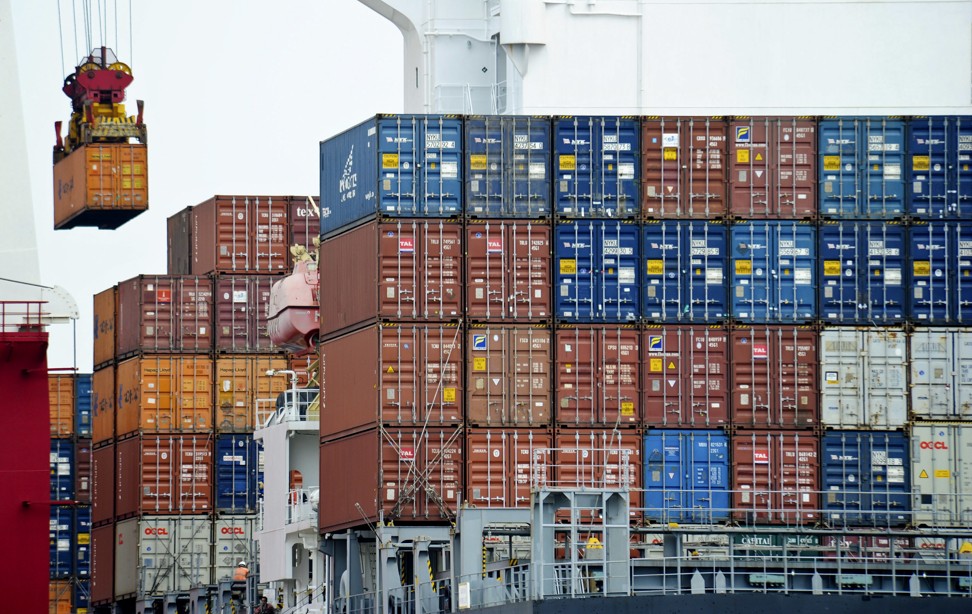
Does it take a trade war to settle disputes and disagreements between China and the US?
Give a trade war a chance, I say, paraphrasing John Lennon.
We are hurtling towards one, especially if you consider the grievances of some American technology companies concerning the lack of a fair playing field, and the accusation that intellectual property theft is prevalent in China. Look at the backdrop that Donald Trump is building, and it couldn’t come sooner because China and the US need to settle their grievances.
The Obama administration allowed China to roll forward on trade. It may have advanced China, but it has also created resentment among some circles in Washington that will lead to a backlash - especially under a new president with a tendency to take unilateral actions. The hazardous outcome is that the Chinese government may be unable to deliver on America’s demands on trade, however unreasonable they may be.
The Committee on Foreign Investment in the US (CFIUS) rejected Ant’s extensive promises to mitigate concerns over the protection of domestic US data. Simply put, no one trusts Chinese companies any more in the US. It is becoming more difficult for them to buy foreign companies because counterparties distrust their ability to close transactions.
The MoneyGram rejection sets a standard for what the US government will tolerate. Artificial intelligence and machine language deals will probably be heavily scrutinised in the future, which will impact China’s desire to lead in these fields.
China’s fintech champions need to enter new markets abroad given their domestic dominance. WeChat’s mobile wallet is usable internationally. Ant has invested in mobile finance companies around Asia. But extending their success in other markets will not be an easy mission. Chinese participation in core, foreign banking jurisdictions like payment processing will require security clearance and that is subject to political mood and bias.
Complaints have gathered enough momentum to be openly aired by the American Chamber of Commerce. And yet, the Chinese government has not responded to justifiable complaints with any meaningful remedy.

Worst of all, over the last 25 years, certain counterproductive attitudes towards foreign competition have become entrenched in China - that it is fine to steal from, and rip off foreigners, and that foreigners shouldn’t be allowed large market shares.
Yet, China conferences I attend around town seem oblivious to the gathering trade war storm. They ignore the symptoms, misdiagnose the malady and skip the treatment. Merely hoping that both sides avoid conflict fails to recognise the genuine problems that China must address.
Trump is the ideal, volatile and unpredictable figure to fire the opening shots. Despite his recent scatological remarks, he has conflated China trade to North Korea. Then, from North Korea to the Middle East, this president is acting on his promise to not carry on politics as usual. He is willing to endure backlash from leading political and business figures around the world to fulfil his pledge to “make America great again”.
A fair trade regime is based on norms as much as rules. The system is only as good as the commitment of players who uphold it. And the opinion that is gathering currency in the US is that China does not engage in fair trade and ignores intellectual property theft.
Mainland Chinese leaders have traditionally only acted when forced to take action. They may be facing that moment this year.
Peter Guy is a financial writer and a former international banker.

